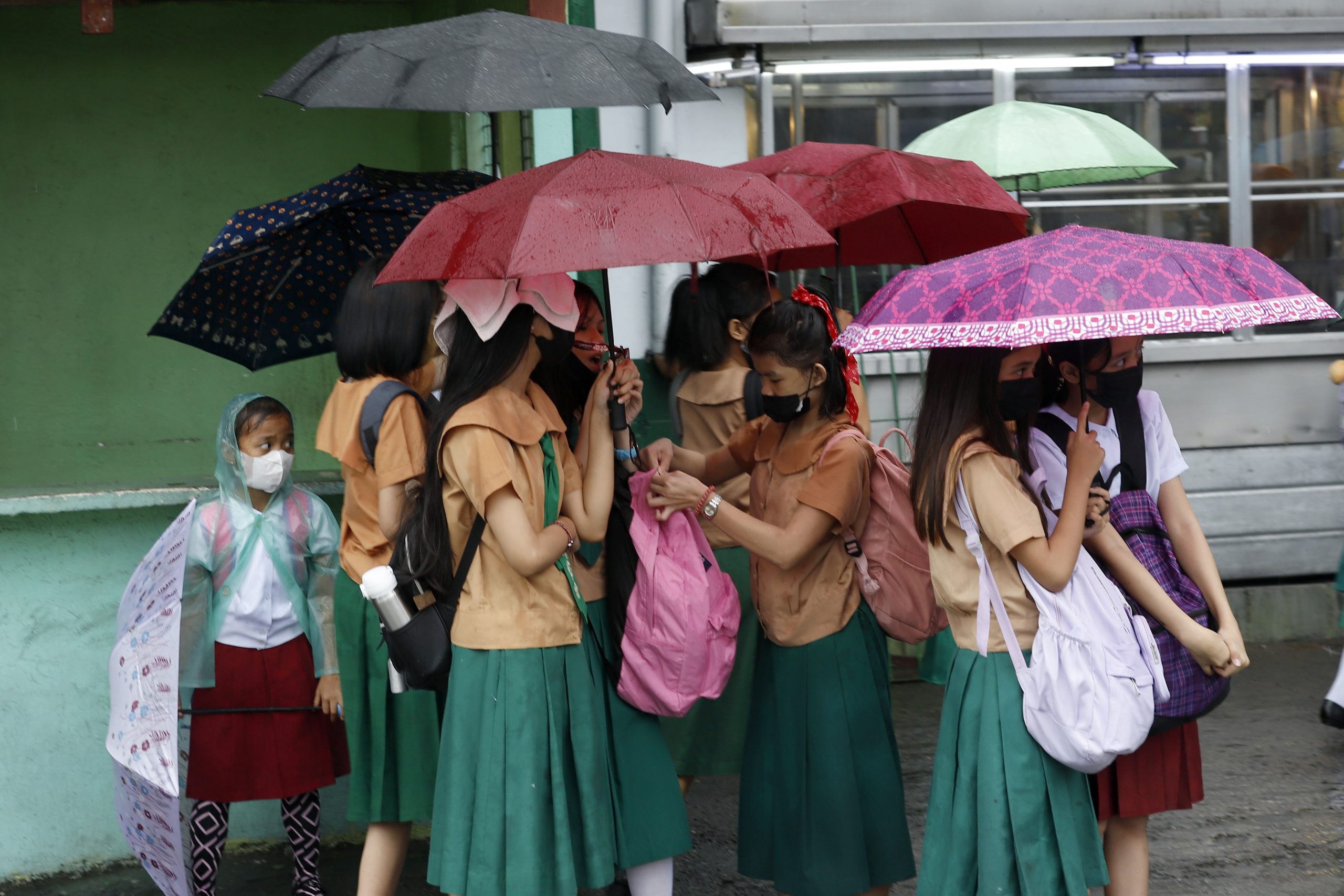
By Brian Jules Campued
Another burden will be lifted off disadvantaged students’ shoulders as a law abolishing the “no permit, no exam” policy was signed by President Ferdinand R. Marcos Jr., allowing those with unpaid tuition fees to take periodic and final examinations.
Signed by Marcos on March 11, Republic Act (RA) No. 11984, or the “No Permit, No Exam Prohibition Act,” will cover all public and private basic (K-12) institutions, higher education institutions, and technical vocational institutions that offer long-term courses exceeding one year.
“All public and private educational institutions covered by this Act are hereby mandated to accommodate and allow disadvantaged students unable to pay tuition and other fees to take the periodic and final examinations without requiring a permit,” the law stated.
In the case of K-12 students, the mandate will be for the entire school year, according to the new legislation.
According to Malacañang, educational institutions are allowed to require the submission of a promissory note, retain student records and credentials, and employ other legal and administrative measures to collect unsettled fees.
However, those found guilty of violating the law will be subject to administrative sanctions that may be imposed by the Department of Education, the Commission on Higher Education, and the Technical Education and Skills Development Authority.
It also directs the Department of Social Welfare and Development (DSWD) to issue the necessary certificate on the disadvantaged status of the student due to calamities, emergencies, force majeure (unforeseeable events), and other good or justifiable reasons.
Said certificates will be issued by the municipal, city, and provincial social welfare and development officers, or the regional office of DSWD.
The DSWD, in consultation with all relevant stakeholders, shall promulgate the rules and regulations defining a “disadvantaged student” and the criteria and requirements for the effectiveness of the issuance of necessary certifications by different entities involved in implementing the law.
Sen. Ramon “Bong” Revilla Jr. celebrated the enactment of RA 11984, highlighting the need to support financially challenged students so that “they may reach greater heights.”
“Wala dapat kabataang nangangamba na hindi makapag-exam, o kaya naman ay hindi maka-graduate, dahil lamang sa kakulangan ng salapi. Poverty should never cripple them and shatter their dreams,” Revilla said in a statement on Saturday.
Sen. Francis “Chiz” Escudero, for his part, called the law “one of the greatest legacies that we can leave behind,” which removes the long-time practice of disallowing students with unpaid school fees to take their exams.
“Sa anumang moral na pamantayan, ang pilit na pagpapaliban sa isang mag-aaral sa pagsusulit ay isa sa mga pinakamalupit na parusa ng buhay. Ito’y hindi lamang nauuwi sa pagkawala ng diploma, kundi pati na rin sa pagkamatay ng mga pangarap,” Escudero said.
Meanwhile, Sen. Sherwin Gatchalian stated on Friday that the measure also provides interventions that educational institutions may enforce for students with outstanding financial obligations.
“With this development, I urge our educational institutions to comply with the law and remain faithful to its spirit. It is time we put an end to this long-time practice to uphold the welfare of our students,” Gatchalian added. – av
